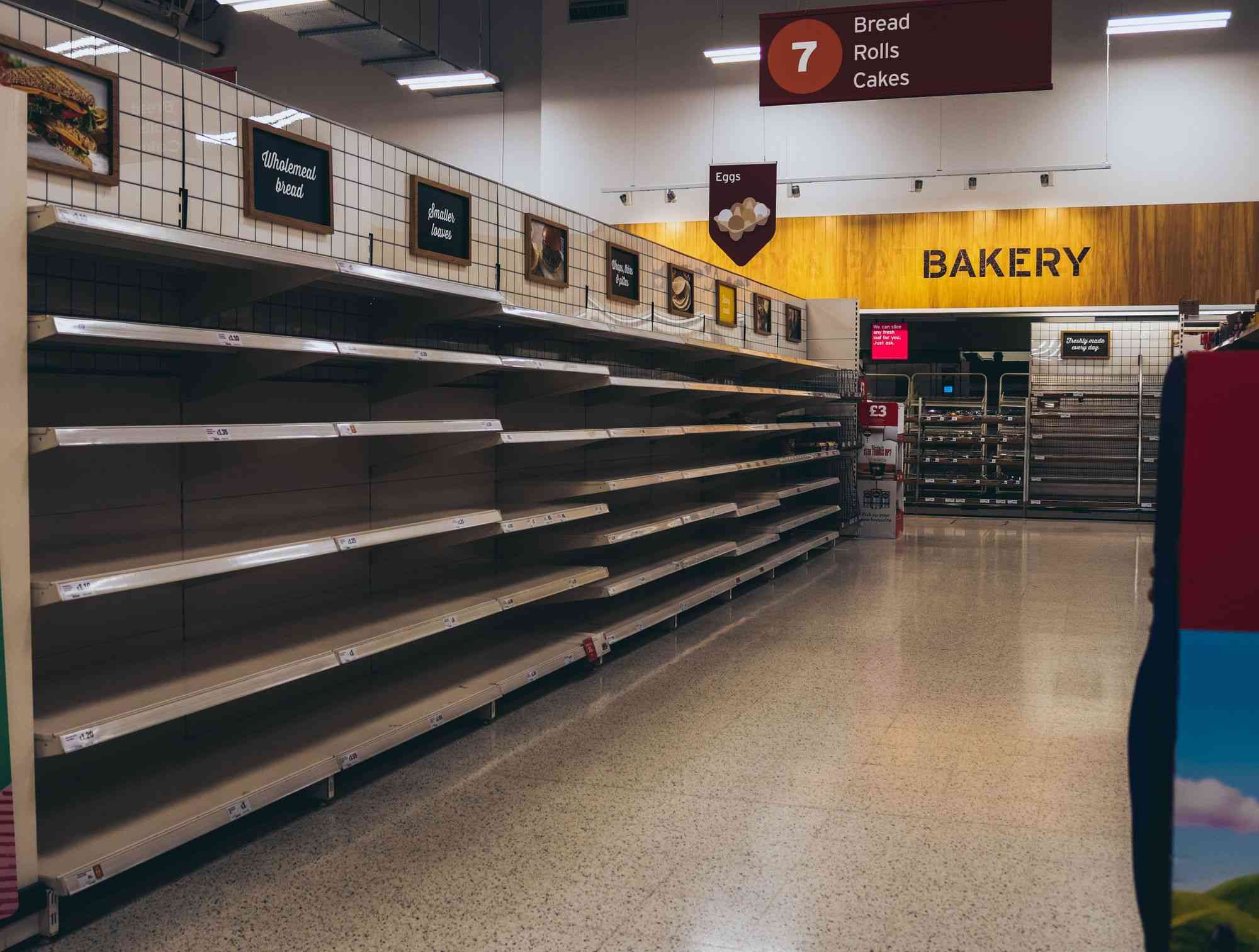Venezuela has always been characterized as a country full of natural resources. However, they are not currently exploited, like mining, gas, oil and derivatives. Special care had always been taken of this, since these resources are so exploited and are our primary source of income, with a small accident it would end up polluting and damaging the environment and the ecosystem of Venezuela. Even more, than it already is due to the carelessness in those areas where, above all, it puts at risk the flora and fauna that is already fading away in the country. There are many endangered animals and people who don’t worry about this. (Article continues below)
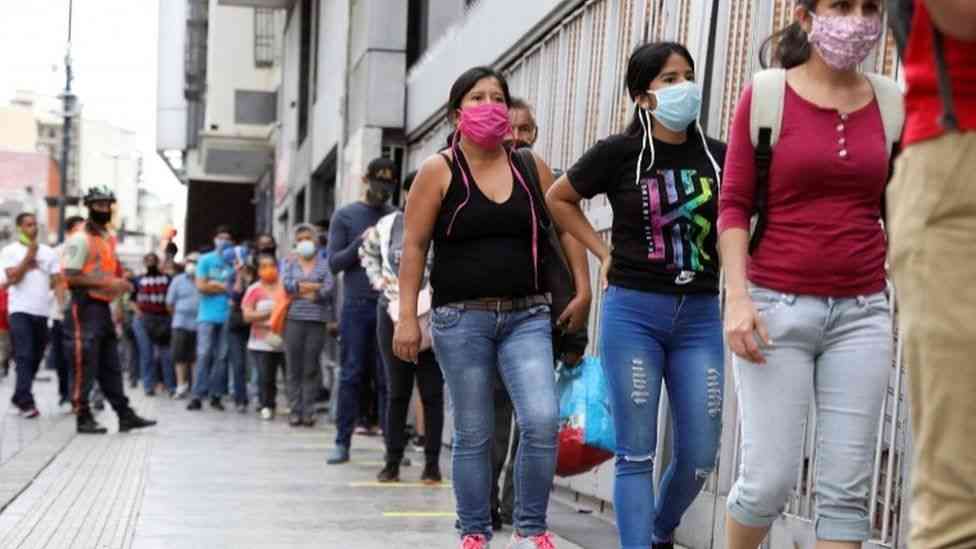
A small introduction to the problem:
Since 2010 because of the presented problems by the country and its terrible economy, people have started to emigrate to seek more prosperous life and to live comfortably. Among those people who migrate, there were engineers and specialists responsible for producing and maintaining the level of pollution low in terms of the oil industry and its derivatives. Therefore, totally under the production and exploitation of all these resources, going from more than 1.1 million to 768,000 barrels per day, even having natural gas leaks without any care or awareness of the danger that gas leaks can cause, totally neglecting the electricity that an entire country needs. Therefore this has greatly influenced the economic crisis, with oil being its most significant export. However, it affects not only the economic level but the environment in its wake. Since 2010 Venezuela began to decline in all aspects, from humanitarian to economic and political, people have been so busy in their own affairs and trying to keep the production of our only export standing, wreaking havoc on the care of everything outside the oil industry, such as beaches, animal sanctuaries, tourism places, etc. Affecting so much that the oil industry has shown a significant failure in its own infrastructure maintenance, causing that, since Friday, July 31, an oil spill was recorded on the beaches of The Falcón state. Until this Thursday, August 6, the situation has worsened and threatens the life of flora and fauna of the area.

How did it happen and what is the cost of this damage?
It’s estimated that on the shores of the states of Carabobo and Falcón, since August 1st, a spill of about 20,000 barrels of oil has been recorded. The situation has affected the cays of Morrocoy National Park, one of the most attractive tourist destinations in the country. Experts note that the spill affects coastal populations such as Chichiriviche, Boca de Aroa and Tucacas, and puts in grave danger to numerous impacted marine species. The expert president of the Venezuelan Society of Ecology, Velisa Morón, explained that the spill coincided with the reproductive season of coral species. She stressed volunteers, fishermen, local authorities and environmental organizations who have worked on mechanical cleaning of the damage, managing to clear miles of beach. However, the fundamental thing is sample collection and diving in nearby areas to determine what ecosystems are affected. Some hypotheses point out that the spill was the result of a failure on a PDVSA ship. However, others suggest that the inconvenience occurred in the waste lagoon of the El Palito refinery, still, all this is due to the poor care that is taken with these toxic resources and how poorly managed they are.
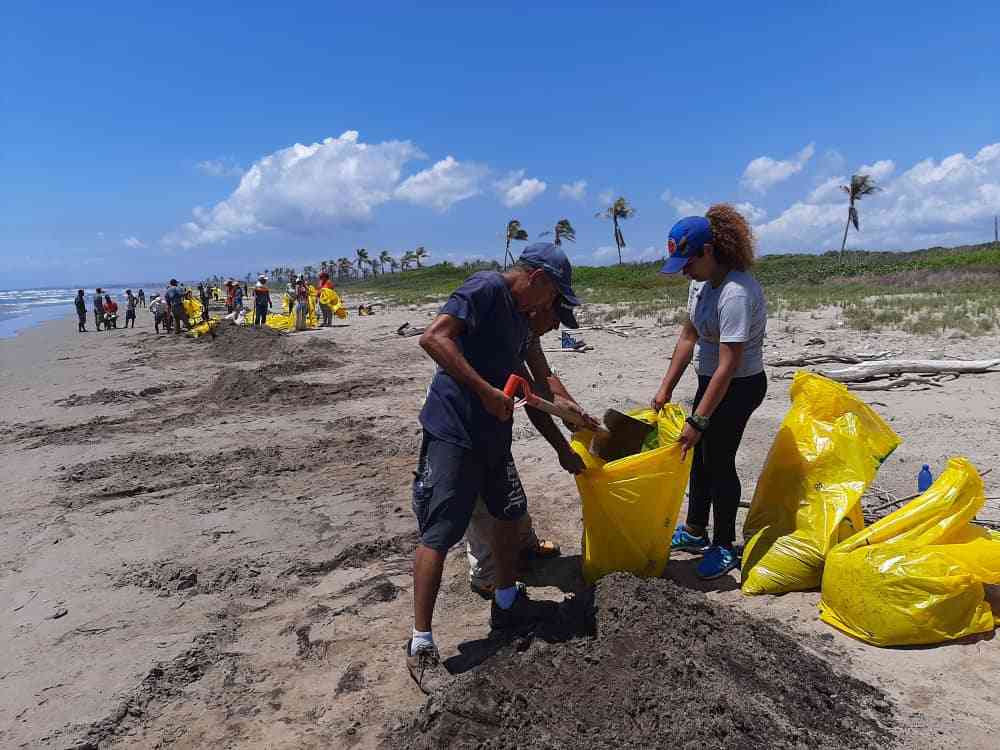
How often does it happen?
So far of what is considered the largest oil spill in freshwater was the one that occurred on February 4th, 2012, in the Guarapiche River, Monagas state. An estimated 64,000 to 120,000 barrels of oil was poured over that river that supplied drinking water to communities in the area. Since 2012 spills have not stopped, all have one thing in common: there is no official information on the number of barrels spilled, nor what causes the leaks, nor is there a government report on the damage. On the contrary, they have tried to hide ecological accidents without putting in place the necessary actions to counter it. This increasingly endangers not only animals and vegetation but the Venezuelan population itself. The president of The Permanent Committee on Environment and Natural Resources and Climate Change of Parliament, María Gabriela Hernández, noted that this is the third oil spill that occurs in 2020 and that as far as they are aware, no intervention has been made by the authorities.
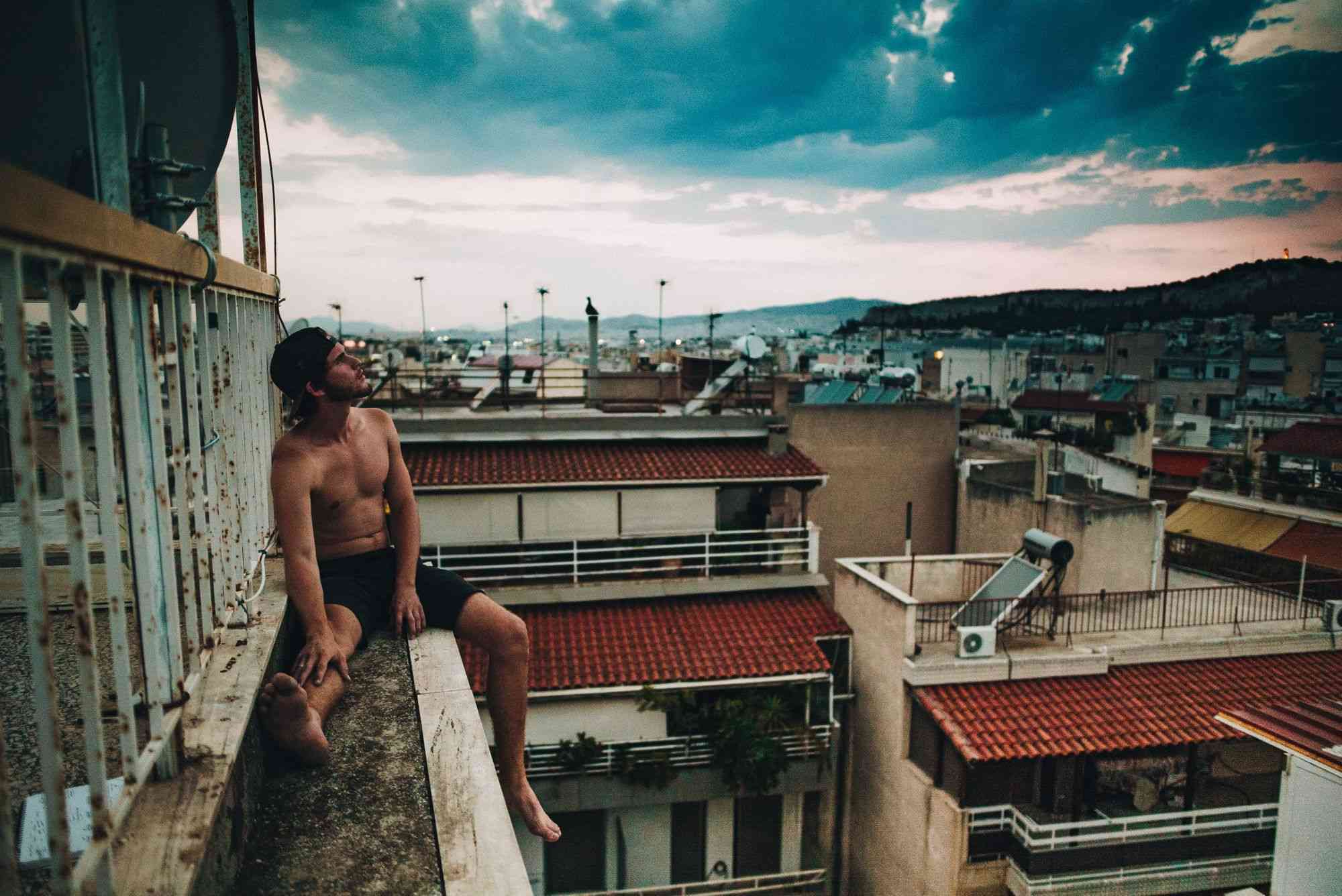
Between 2012 and 2020, Venezuela recorded nine oil spills, three of which occurred in 2018 and three others in 2019, and those are only those recorded and known to the public eye.
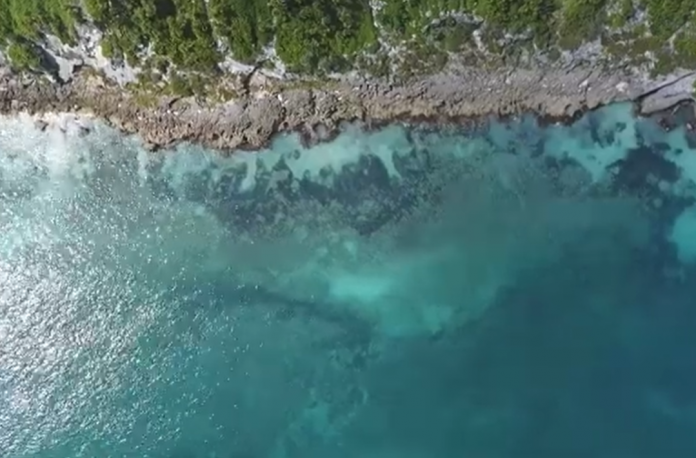
Who's responsible for this accident?
Over the past 18 years, the principles and standards established regarding the care and maintenance of oil and such industries that handle products that pollute if not handled well, have been broken by "PDVSA," the national company, whose activities are the exploitation, production, refining, marketing and transport of Venezuelan oil and natural gas. This has resulted in a loss of production capacity and the deterioration and collapse of the national refining system. In addition to the collapse of the entire value chain of that industry, this dangerous event occurs when the regime already has extensive difficulties in producing and marketing oil. According to OPEC data, the country's production fell in June to the lowest level in nearly eight decades.

All oil industries around the world are required to have a contingency plan for crude oil spills. However, PDVSA remains in resounding silence, and therefore specialists cannot determine what type of hydrocarbon they face. Oil companies must be characterized by all the products they produce by the time of such an accident knowing how to operate, implementing the right technology to stop the impact on the affected ecosystem. Gustavo Carrascal, director of Azul environmentalist, a national organization for the care and protection of Venezuelan flora and fauna, demanded that PDVSA and the State assume its responsibilities and issue an official statement on the origin of the accident, volume of the spill and the period of stay of the accident to take action and know how to solve the damage.

"A simple day of cleanliness that PDVSA is doing, of removing the spilled oil, is not going to solve anything of the problem. PDVSA has not assumed its responsibility, has not issued any communication; we don't know where these oil spills came from, what the magnitude is, what kind of hydrocarbon it is, what permanence would be by type. If they informed the public, the specialists could know what they are up to," he detailed to "El Nacional", a Venezuelan newspaper.
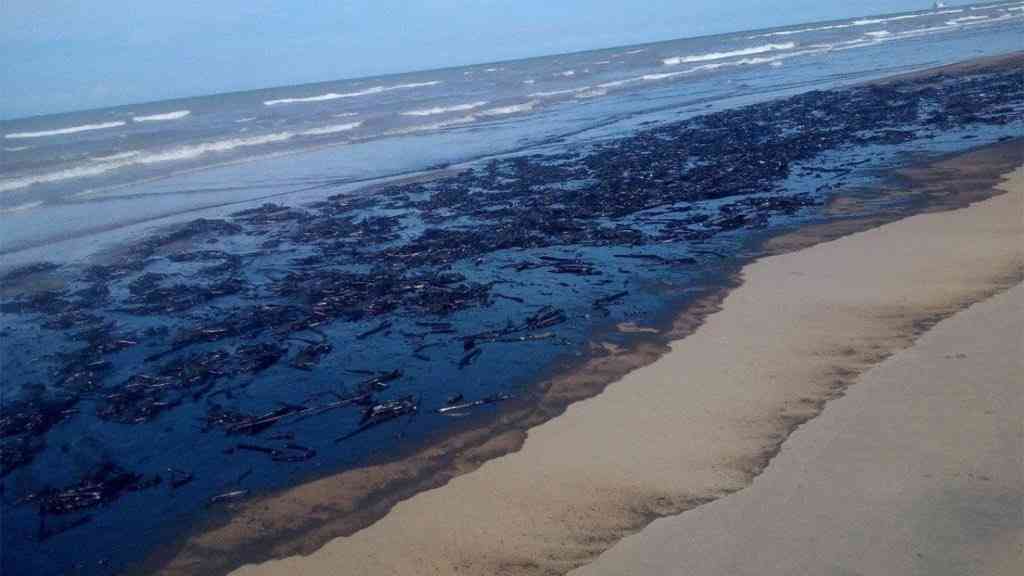
Who are the most affected?
This accident affects not only the environment but also the economy of the inhabitants who live from fishing in these open sea places. Their livelihood is based on fishing and tourism in these areas so visited in the country. If this problem is not solved, many people will be left adrift and will not have to stay in their day today. Even not only in their economy but in their basic resources such as water, since, in these areas, the livelihood of drinking water has also been greatly neglected. So, the inhabitants must resort to rivers or freshwater shores to supply themselves with something as vital as water. Studies have not yet been conducted on whether this spill even affects freshwater areas.

Even this spill affects migratory birds that fly from the northern United States, Canada, and Alaska. These come once in a year and most often use wetlands to rest, feed, or even winter all season. They come to Morrocoy, Laguna de la Restinga, Los Roques, la Ciénaga de Los Olivitos, etc. But contamination from the crude oil spill will put them in grave danger. "If the beaches are not clean, they will be trapped in the oil, as are our resident seabirds: pelicans, sea wetters, flamingos and ibex," says Gustavo carrascal.

There is also a high risk that turtles, dolphins, and whales that have to surface to breathe, when they come into contact with the oil will suffer blockages in their airways. "We only see what's on the beaches. The most serious is what happens at the bottom of the sea, the imminent vulnerability, and destruction suffered by coastal marine fauna. There is no quantification of the real damage to the park's marine life," said the leader of Blue Environmentalists.

We need to raise awareness not only of the Venezuelan population but to the whole world, about how important it is to maintain and care for natural places, which are home to essential animals and vegetation, are non-renewable places and that if they disappear, we can never replace even with the most advanced technology on the world.
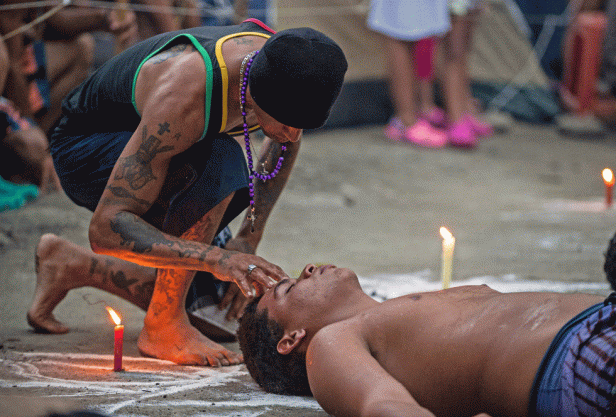
Venezuela needs to be aware of the natural riches that it has, not only oil, but the animals it houses being such a well-located country in the tropics, not only the animals affected in this accident, but those that day by day hunt, traffic, or even die from lack of food and care.

It is very important to publicize these injustices that not only affect the Venezuelan population every day but also our flora and fauna, which every day, increases endangered species and need to be aware and find a way to help. It is very important to improve care in the oil industry if they do not want to become only polluted beaches without any living beings. It is very important to learn from these mistakes and find a way to solve them in a way that is effective for all those affected. A country full of crises and misfortunes should not go through the horror of losing even its natural beauty through the neglect and dehumanization of third parties.
It is important to take care of our planet and all of us who dwell on it, not to let ourselves be carried away and destroy all that nature gives us.
Recommended reading:
